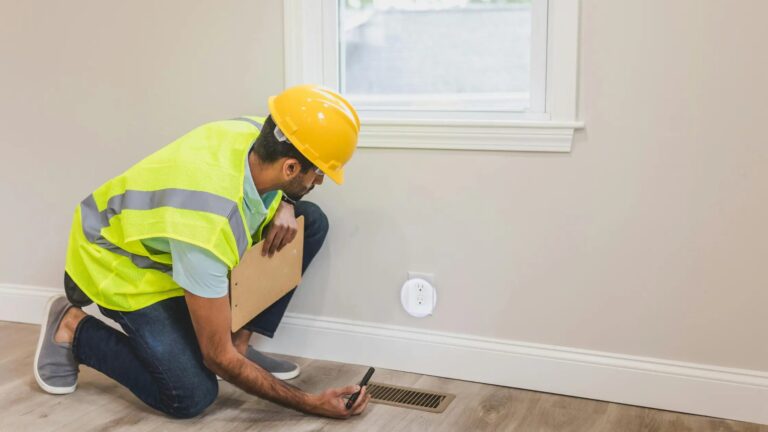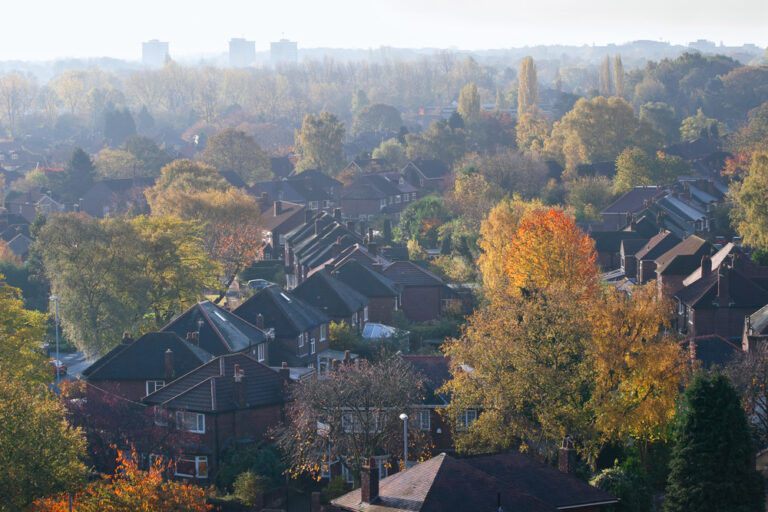A drive to make England’s housing more energy efficient was unveiled in July by Chancellor Rishi Sunak.
The Green Homes Grant is offering vouchers worth up to £10,000 for property owners in England to make their homes, and rental properties, more energy efficient.
But the biggest question being asked by homeowners and landlords is: ‘Am I eligible?’
Here, we’ll run through everything you need to know about the Green Homes Grant scheme and what you have to do to apply for the vouchers.
Home energy efficiency scheme: All the details on the Green Homes Grant
The Green Homes Grant scheme was announced on July 8 alongside the Chancellor’s stamp duty ‘holiday’ for buyers in England and Northern Ireland.
The scheme’s aim is to help people upgrade their homes to be more energy efficient, through vouchers for work like double glazing and insulation.
Energy efficiency grants for homeowners: How much can I get?
Under the Green Homes Grant scheme, homeowners can apply for vouchers worth up to £10,000.
The majority of vouchers are worth up to £5,000, but those on the lowest incomes could be eligible for a subsidy up to that maximum £10,000 figure.
Landlords will only be able to apply for a maximum of £5,000.
Those on lower incomes may be able to apply for a voucher of up to £10,000 that covers 100% of the cost of any work carried out.
All other vouchers, worth up to £5,000, cover two thirds of the cost of any work, with the homeowner covering the final third.
What work can I have done under the Green Homes Grant scheme?
Work carried out under the voucher scheme is split into two sections – primary measures and secondary measures.
Primary work includes:
- Solid wall insulation
- Cavity wall insulation
- Under-floor insulation
- Loft insulation
- Flat roof insulation
- Air source heat pumps
- Ground source heat pumps
Secondary work includes:
- Draught proofing windows and doors
- Double or triple glazing
- Secondary glazing
- Energy efficient doors
- Hot water tank thermostats
- Water tank insulation
- Modern heating controls and thermostatic radiator valves
In order to install a secondary measure, you must use your Green Homes Grant voucher to install a primary measure first.
The subsidy for the secondary measure only covers the value of the first measure.
So, if you have cavity wall insulation and receive a voucher for £600, you can only claim a voucher worth £600 for your secondary measure.
Double or triple glazing, meanwhile, is only available to those homeowners who are replacing single glazing, while secondary glazing is only available for use on top of single glazing units.
How do I apply for a Green Homes Grant?
You can apply for a Green Homes Grant from the end of September 2020 through the Simple Energy Advice website.
The scheme will run until March 31, 2021.
As well as the application process, the website includes a questionnaire where you can find out if you’re likely to be eligible for one of the grants.
The questionnaire will also help you find out what improvements could be suitable for your home or rental property, as well as providing estimated costs.
How do I get the work done if I’m eligible?
Once you know you’re eligible for the scheme, you can get quotes for the work you wish to have carried out from scheme-approved tradespeople.
If the work and the quote is given the go-ahead, you’ll be issued with a voucher
A list of approved trades and suppliers will appear on the Simple Energy Advice website.
How much money could I save on my bills by making my home more energy efficient?
The government estimates those having work done under the Green Homes Grant scheme could see you save up to £600 per year on your energy bills.
Not only that, energy efficiency work often adds value to properties – ideal if you decide to sell your home in the future.
It’s estimated around 600,000 homes in England will be eligible for the scheme, while 100,000 jobs will be created in ‘green’ construction.
How do I make my house more cost effective?
As well as boosting your property’s energy-efficiency through the Green Homes Grant scheme, there are a whole host of energy efficiency tips for homeowners.
Further reading…
If you’re thinking of buying your first property, there are many, many things to consider.
To start you off, we’ve compiled a list of essential questions to ask when viewing properties to buy.







